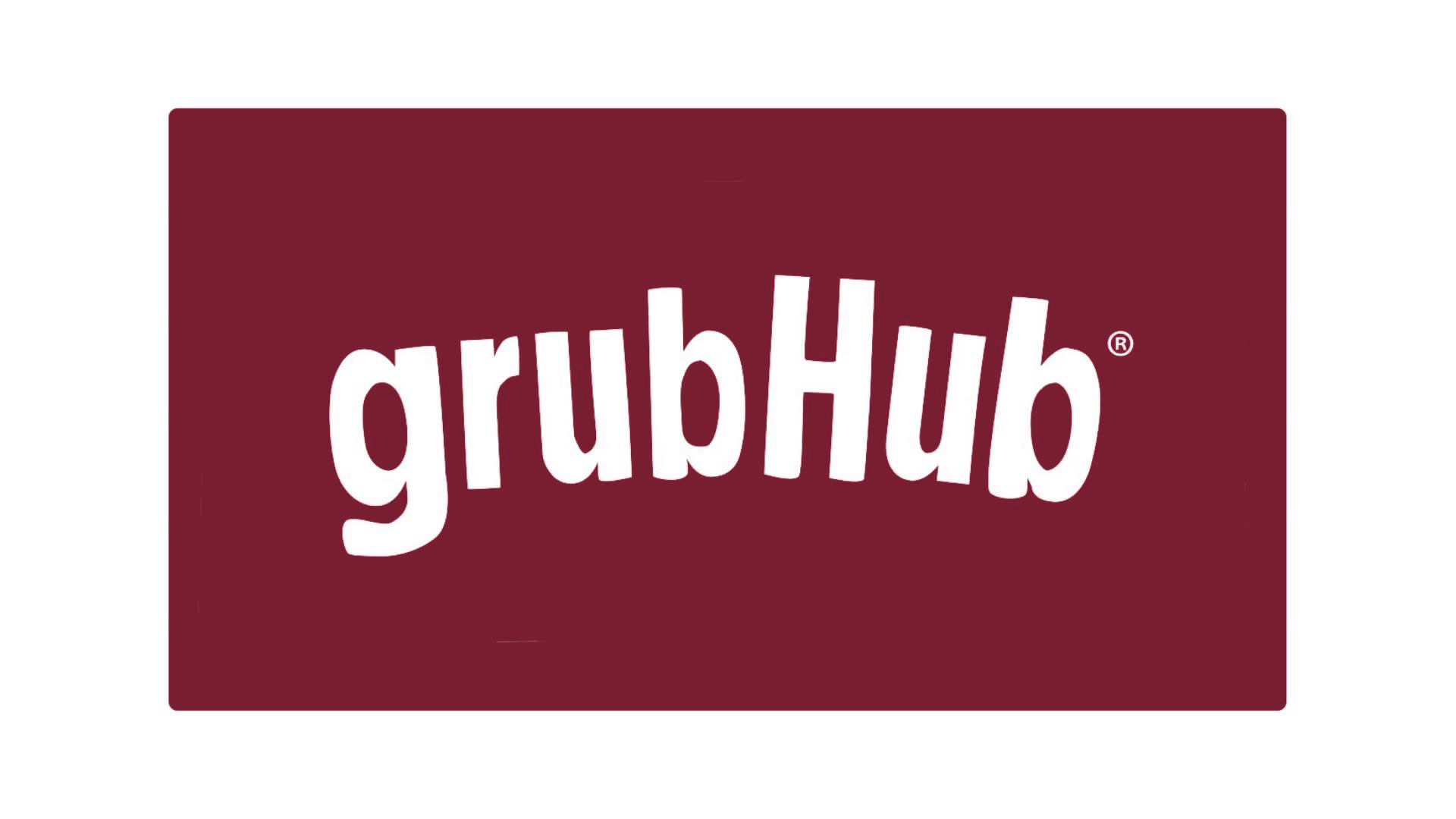Federal Overtime Laws: Grubhub drivers sue over employment classification.

GrubHub drivers sue for employment status and overtime that would be owed under the Federal overtime Laws.
GrubHub drivers file a federal suit claiming that drivers are treated as employees but are misclassified as independent contractors. The federal suit is the latest in a string of suits against companies that classify drivers as independent contractors and doesn’t appear likely to be the last seeking compensation from the Federal Overtime Laws. Uber is currently facing a similar federal case, as is Lyft, Instacart, and DoorDash. All these companies are part of the gig economy, a model that pairs part time, and highly flexible, positions with independent contractors. Currently the suits involve six plaintiffs, but the attorneys are hoping to move it into a class action lawsuit.
Grubhub suit focuses on Federal Overtime Law application for drivers.
The plaintiffs are seeking the employment status of employee instead of independent contractor. Along with the change in employment status, they are seeking back pay for unpaid overtime. The plaintiffs claim that they were treated as employees, but not paid overtime, and not included in employee parties. Additionally, the plaintiffs claim that after paying for fuel, their cellular data, the cost of owning, leasing and maintaining vehicles, they made less than minimum wage. Under the Fair Labor Standards Act (FLSA) employees that work overtime and make less than $47,476 in salary and are not in a management role (duties test) are now required to be paid overtime by companies. Independent contractors do not fall under those laws.
The lawsuit claims that by classifying drivers as independent contractors, GrubHub has violated the FLSA and state labor laws. It seeks compensation for drivers of all wages and overtime owed, legal and attorney fees. One of the Plaintiffs, Thomas Souran alleges that in addition to missing overtime pay, he was also mistreated. He claims that when he was bitten by a dog while working, he should have been covered by insurance and that he was forced out of the contract without notice and missed several days of work. Additionally, he was not invited to the employee parties.
Independent Contractor Status is threatened by lawsuits in Federal Court.
The lawsuit against GrubHub, another against Uber, and more against other companies, threaten the independent contractor status for many types of contractors. Employers need to be aware of the legal risks and definitions of having employees classified as independent contractors. As these cases hit the federal courts, it is possible that they will be forced to classify drivers as employees. This will have a large scale impact on other businesses that have tried to maintain compliance with FLSA and the Federal Overtime Rules.
Under the FLSA, companies are required to pay overtime to non-exempt employees and to employees whose salaries are less than $47,476 per year. The new federal overtime laws go into effect in December, 2016. Under the new guidelines, companies that don’t comply will be liable for unpaid overtime, fines, and legal fees. Independent Contractors are an employment classification that is exempt from the new laws. That means that currently Independent Contractors are not required to log their time and companies are not required to pay overtime to independent contractors. The purpose of an independent contractor status is to provide individuals a method of business relationship with a company that they are providing a service for, but without the management controls, and employment contract, and screening that a typical employee would undergo. Unlike employees, independent contractors have greater autonomy and flexibility in their hours and schedule and are responsible for a service that is agreed upon by both. Independent contractors typically have market competition for their services. An employee, however, typically performs work that is integral to the employers business and has a more permanent relationship with the employer. Furthermore, although employees can be highly skilled, generally speaking, lower skilled workers would be considered employees and independent contractors should be skilled workers.
Let SwipeClock help you
SwipeClock works with advisers, accountants, payroll providers, and HR Consultants to provide workforce management solutions, technology and timekeeping software. They are a premier provider of employment and timekeeping solutions that help companies to stay compliant with the FLSA and accurately report and track employee time. This helps reduce the risk of regulatory fines and compliance issues. Contact SwipeClock today to find out more about our solutions and how we can help you provide the tools your clients need to keep their businesses compliant.
Written by Annemaria Duran. Last updated June 29, 2016
Simplify HR management today.
Simplify HR management today.
Your Guide to GPS Time Tracking (Geofencing)
Updated March 19, 2024 When your business has employees working remotely or at various job sites, time tracking can become a challenge, particularly if the company relies on physical clocks for punching in and out. But offering a mobile app or web-based tracking solution can cause some concerns. You might wonder whether employees are clocking…
Read MoreThe Employer’s Guide to Federal & State Meal/Rest Break Laws [See all 50 State Laws Here]
Updated January 23, 2024 Under the federal Fair Labor Standards Act (FLSA), employers are not required to provide meal or rest break periods to employees. However, some states do have laws in effect dictating when and how often an employee should receive a break, as well as whether these breaks are paid or unpaid. In…
Read More




